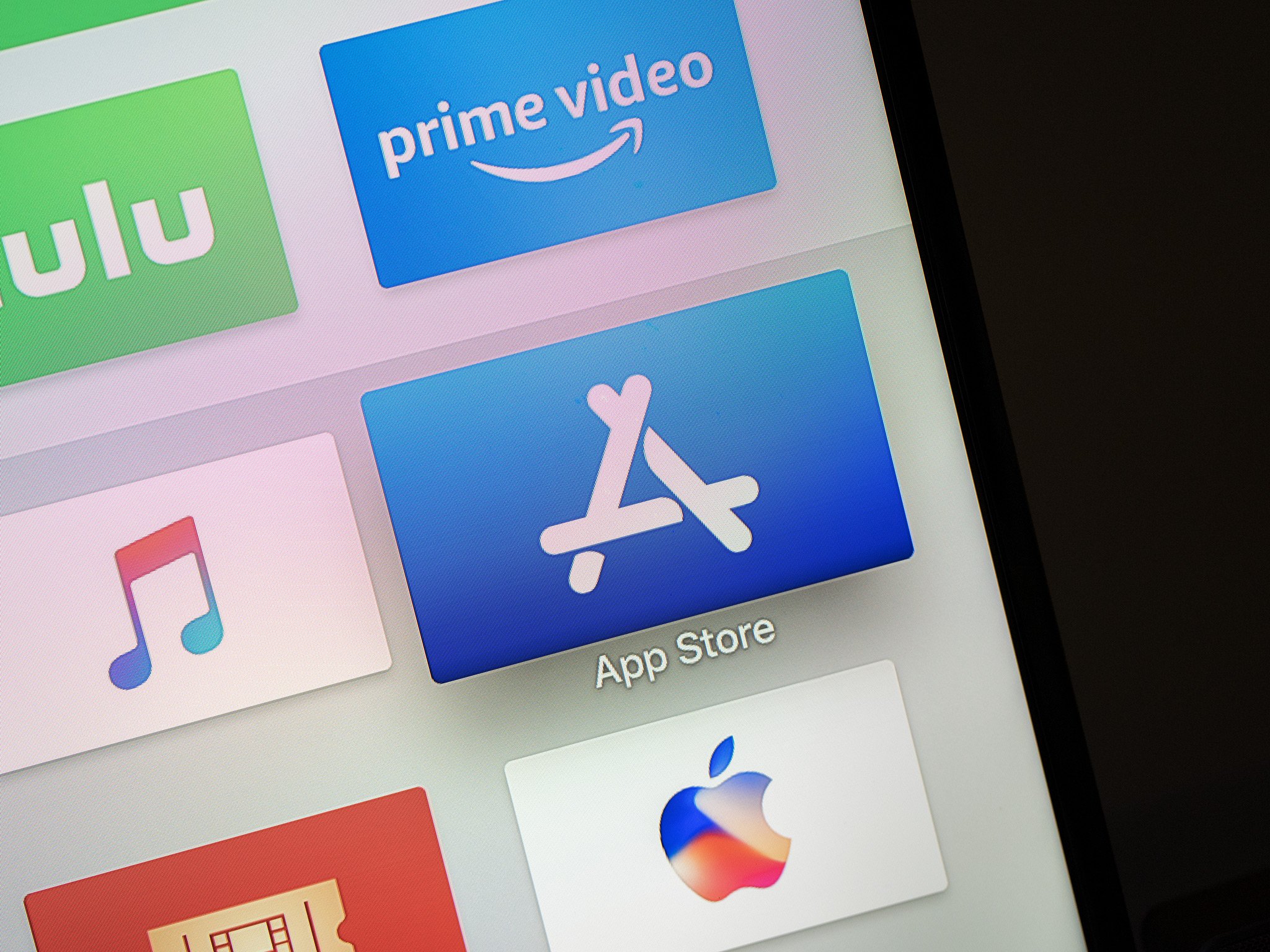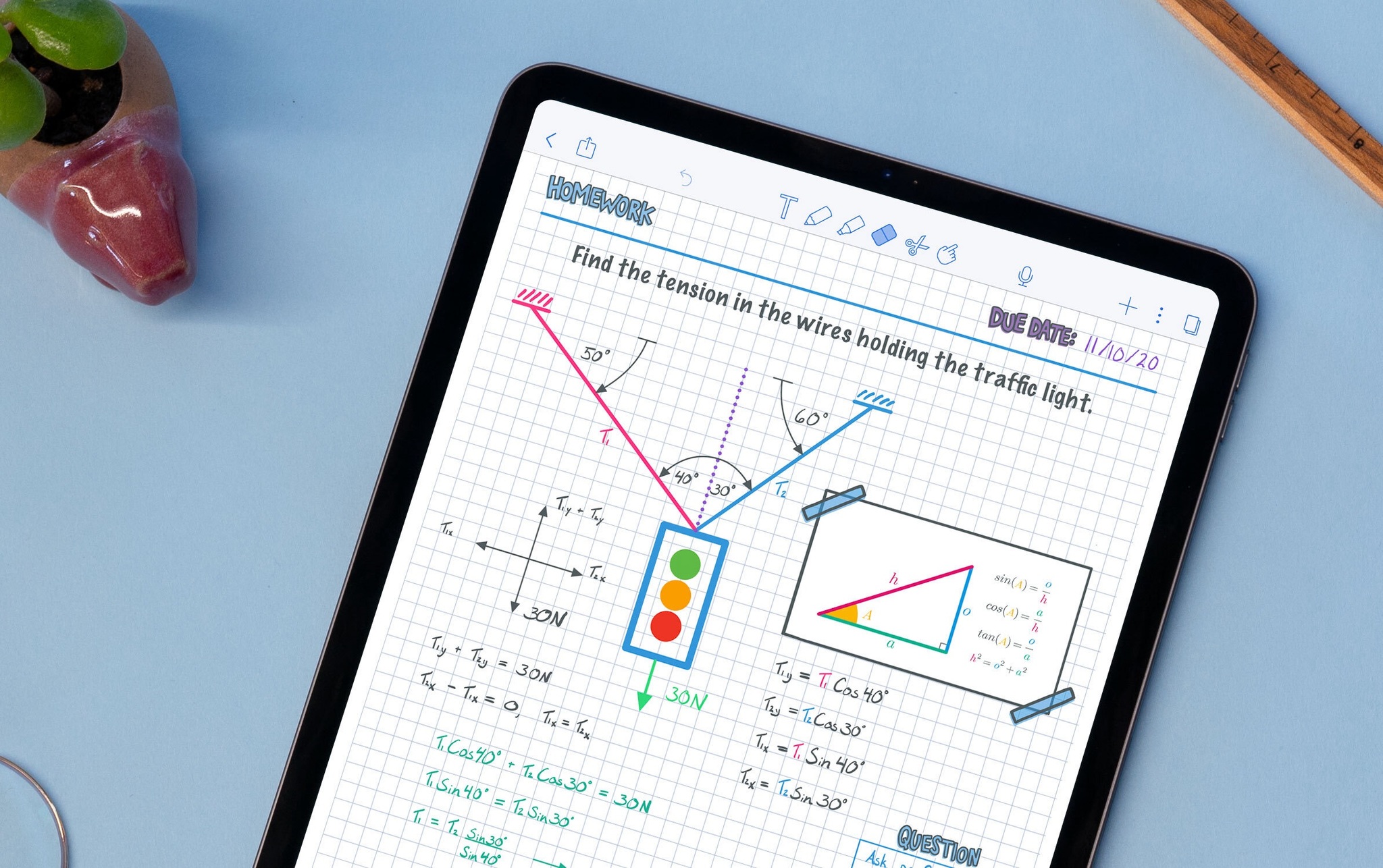Notability's freemium mess highlights the disconnect between developers and users

iMore offers spot-on advice and guidance from our team of experts, with decades of Apple device experience to lean on. Learn more with iMore!
You are now subscribed
Your newsletter sign-up was successful
The big news over the last day or two was the decision of Ginger Labs to take Notability down the subscription route, something that might not have been a huge issue for most people. The problem came when the developer made a hash of the communications surrounding the move and misread the room significantly. The result was a considerable backlash and one that led to a backdown. And it could all have been so easily avoided.
Developers taking apps that were previously one-time purchases and making them a subscription is nothing new. We've seen 1Password do it. We saw Flexibits do the same with Fantastical, too. There have been others, and they've all managed it with varying degrees of success. Some made an absolute hash of it — Ginger Labs being one of them.
The original communications were just vague enough to have people, like me, assuming the best. The developer said that anyone who already paid for Notability would continue to be able to use it until November 1, 2022. After that, users could "become an annual subscriber or use the free version of Notability." It didn't say it clearly, but that meant that people would lose functionality they had already paid for. It still isn't clear whether people could stay on the version of Notability that they're using now and never update — retaining access to everything — or not. But it didn't sound good. And it wasn't.
Ginger Labs eventually backed down, releasing a new statement yesterday that said anyone who bought Notability before November 1, 2021, would "have lifetime access to all existing features and any content previously purchased in the app." Which is cool, and absolutely the way it should have been originally. But again, all of this could have been avoided.
I wasn't party to whatever conversations went on inside Ginger Labs before the switch to freemium was announced, but you have to imagine that the switch is happening for a reason. Despite what some people seem to believe, developers asking for money for their work aren't "greedy" but rather trying to stay afloat. Unless you're dealing with a Microsoft, Adobe, or Apple, there's a good chance these software companies aren't rolling in money. Many of them are small teams, often so small they're a lone developer trying to feed their family. If they're switching from a paid-for app to a subscription, it's because they need the money. They'd probably love to be in a position to be able to be greedy.

The move to freemium isn't a bad thing, per se. People need to be paid for their work, and people shouldn't expect apps for free. They probably shouldn't expect to throw a developer a couple of dollars one time and get updates and support for the next five years, either. But that's the App Store Apple has given us. Subscriptions are an excellent way for developers to ensure they have recurring revenue and, importantly for all of us, continue to work on the apps we use every day. We shouldn't be lambasting them for trying to earn a living.
But on the other side of the coin, developers also need to understand how things look. What did the folk inside Ginger Labs expect to happen when they told people that their app would stop working in a year's time? This backlash was entirely predictable — it isn't the first time we've seen an app do this — and could have been mitigated. Sure, some subscription-haters will always take to Twitter to moan that software should be free and we should all use Linux — this is the year of Linux on the desktop, after all — but they'd go away eventually, and Ginger Labs would have had the backing of press and a chunk the community alike. Instead, it got destroyed on Twitter and Reddit, even managing to fall foul of Apple's own App Store rules, too.
iMore offers spot-on advice and guidance from our team of experts, with decades of Apple device experience to lean on. Learn more with iMore!
From the App Store Review Guideline document:
If you are changing your existing app to a subscription-based business model, you should not take away the primary functionality existing users have already paid for. For example, let customers who have already purchased a "full game unlock" continue to access the full game after you introduce a subscription model for new customers.
Ginger Labs could argue it was doing that, although only for a year. I'd be interested to see what Apple would make of that.
The problem Ginger Labs has to deal with now is a lack of trust. Did it know what it was doing and just hoped nobody would notice? I want to think not, but the alternative isn't great either — that nobody thought this whole thing through correctly. That's almost worse.
This post is already longer than I expected it to be, so I'll sign off with two points and leave it there:
- Developers, your communication needs to be better when doing these things. Just think about how users will see switches like this and try to do the right thing. Having to backtrack later looks terrible.
- Users, don't complain when you have to pay for the software you use. Yes, this situation is weird, but most of the complaints I saw weren't about features being moved. They were about subscriptions as a whole. Notability is the best iPad and Mac app at what it does — just reward the developer for their work.
It's all pretty simple, really.

Oliver Haslam has written about Apple and the wider technology business for more than a decade with bylines on How-To Geek, PC Mag, iDownloadBlog, and many more. He has also been published in print for Macworld, including cover stories. At iMore, Oliver is involved in daily news coverage and, not being short of opinions, has been known to 'explain' those thoughts in more detail, too.
Having grown up using PCs and spending far too much money on graphics card and flashy RAM, Oliver switched to the Mac with a G5 iMac and hasn't looked back. Since then he's seen the growth of the smartphone world, backed by iPhone, and new product categories come and go. Current expertise includes iOS, macOS, streaming services, and pretty much anything that has a battery or plugs into a wall. Oliver also covers mobile gaming for iMore, with Apple Arcade a particular focus. He's been gaming since the Atari 2600 days and still struggles to comprehend the fact he can play console quality titles on his pocket computer.
